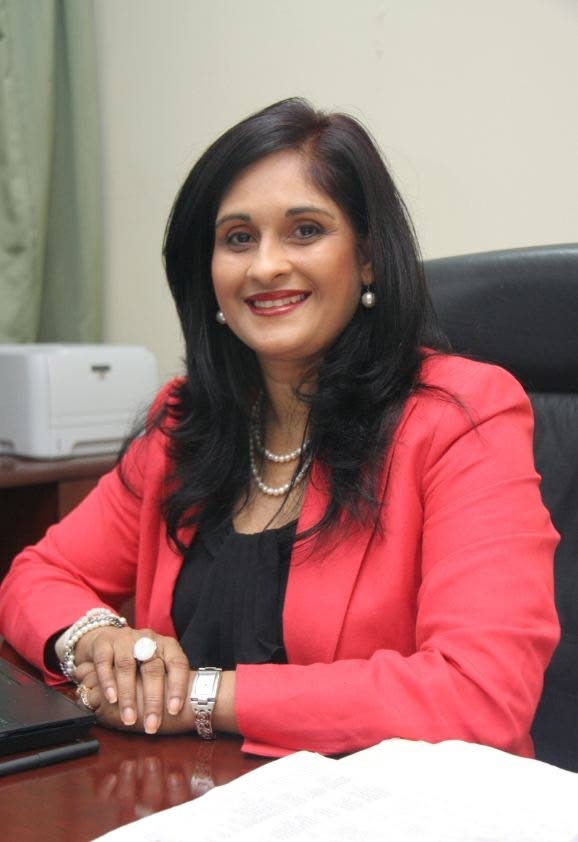Sagewan: Budget good, but Imbert must be held to account

GIVEN TT’s present economic situation, economist Dr Indera Sagewan says the 2020/2021 budget is “not bad,” but Finance Minister Colm Imbert must be held to account to deliver on his promises.
“Obviously there are some good initiatives, but the devil is in the details. For the most part, under the trying circumstances TT finds itself, I do not think that the minister did a bad job on this occasion.”
However, she said, Iit is the responsibility of all of us to hold him accountable throughout the year for the delivering of these items that are required, in order to translate the positive aspect of this budget into the deliverables we need, once we overcome this pandemic, to stimulate growth once again...
“If the minister is able to, by some miracle, deliver all he has presented in this budget, I think we could possibly see the country being put on a decent footing.”
Sagewan was a panellist in a post-budget forum organised by the Oilfield Workers Trade Union (OWTU) in collaboration with the Co-operative Credit Union League (CCULTT) on Tuesday.
While in any budget there would be negatives, she acknowledged, Imbert tried to bring balance, but there is still rising unemployment, a health crisis, significant contraction of the energy sector – the backbone of the economy – poor performance by the non-energy sector and the continuing closure of the borders owing to covid19.
She said the closed borders were an impediment to a buoyant economy.
She observed that government has used the budget to shed some of its burdens, with respect to proposed increases in rates for WASA, TTEC, the privatisation of NP service stations and price of gas at the pumps.
She suggested government should have liberalised the entire value chain to allow for more competitiveness rather than create a monopoly for an importer of oil who could now fix the price of gas at the pump at its whims and fancy.
Instead of tax exemption on salaries under $84,000, Sagewan said she would have focused on giving incentives to the working and middle-class income-bracket earners who are really burdened.
She said she is waiting to hear if the salary and income support extended to people in the creative industries will also be extended to people in other sectors who continue to feel the impact of covid19.
While she applauded Imbert for maintaining social programmes and adding some new dimensions, she suggested, “We should be looking to see how we can convert our social spend to a situation of where there is 'give back,' to break the dependency culture that is so entrenched in TT.”
With agriculture being named a top priority, Sagewan said she was happy the minister finally woke up in 2020 to realise how important food security is. But she questioned its normal meagre annual allocation, apart from the election promise of a $500 million injection.
“We are grateful, minister, but it is really not enough to transform the agriculture sector in the way we need it to be transformed.”
She said instead of the ministry taking on the task of creating a centre of excellence in agriculture and bio-tech, that money could instead be invested in the dedicated faculty for food production and research at UWI, St Augustine.
On exemption for luxury food items, Sagewan said this is an ideal opportunity to impose prohibitive measures on importing products grown locally such as lettuce, avocado and mangoes. She said this would make a space for domestic agricultural production, create employment and an opportunity to move up the value chain to exporting and earning foreign exchange.
In terms of making it easier to do business, she recommended the establishment of a special-purpose commission, preferably with parliamentary oversight and with the teeth and resources to get it done within three-six months.


Comments
"Sagewan: Budget good, but Imbert must be held to account"